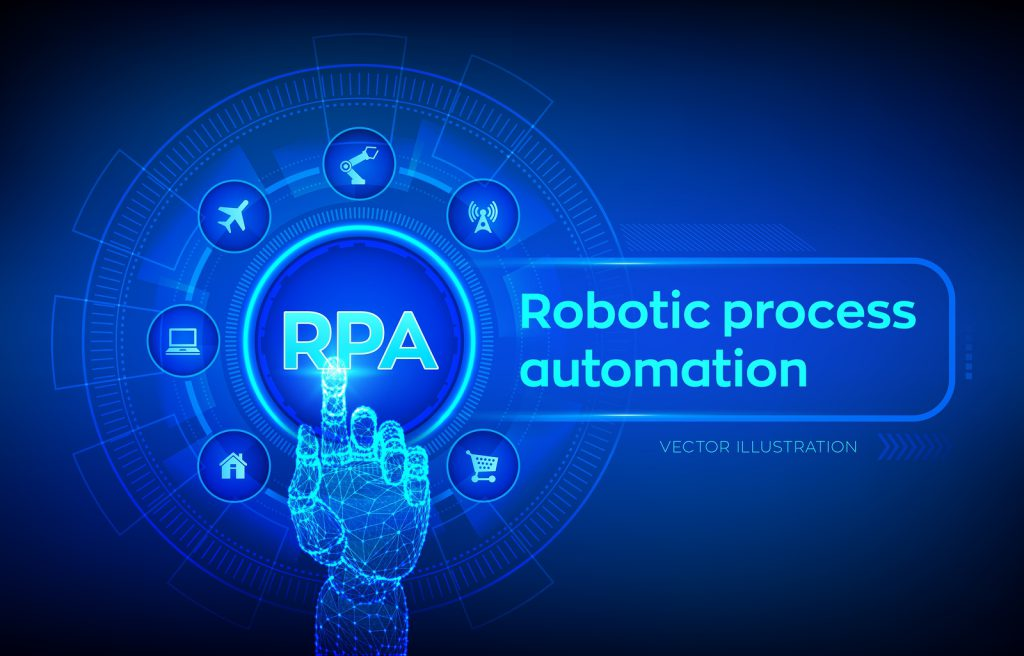The Benefits of RPA: How Robotics Process Automation (RPA) is Revolutionizing Businesses
Organizations are constantly seeking ways to improve efficiency, reduce costs, and enhance productivity in the present competitive world. Robotic Process Automation (RPA) is one technology that has emerged as a game-changer. RPA is transforming the way businesses operate by automating repetitive, rule-based tasks that were once performed by humans. In this blog, we will explore the numerous benefits of RPA and how it is revolutionizing businesses across industries.
Enhanced Efficiency and Productivity
One of the most significant benefits of RPA is its ability to dramatically enhance efficiency and productivity. RPA robots, also known as "bots," can perform tasks around the clock without the need for breaks or vacations. They work at a consistent speed and accuracy level, resulting in faster task completion and reduced manual errors. This efficiency gain allows human employees to focus on more strategic and value-added activities, ultimately driving business growth.
Cost Reduction
RPA can significantly reduce operational costs. By automating repetitive tasks, organizations can eliminate the need for full-time employees to perform them. This reduces labour costs and minimizes expenses associated with employee benefits, training, and turnover. Furthermore, RPA reduces the risk of costly errors, such as data entry mistakes, which can lead to financial losses or regulatory fines.
Improved Accuracy and Compliance
Humans are prone to errors, especially when performing repetitive tasks. RPA, on the other hand, is incredibly accurate and consistent. Bots follow predefined rules and execute tasks precisely, reducing the risk of data entry errors, compliance violations, and other costly mistakes. This level of accuracy is especially valuable in industries with strict regulatory requirements, such as finance and healthcare.
Rapid Scalability
As businesses grow or experience fluctuations in workload, RPA provides the flexibility to scale operations up or down quickly. Adding additional bots to the workforce is a straightforward process, allowing organizations to respond to changing demands without the need for extensive hiring or training processes. This scalability ensures that productivity gains can keep pace with business expansion.
Increased Customer Satisfaction
Faster and more accurate processes enabled by RPA can lead to improved customer experiences. For instance, in customer service, RPA can automate responses to routine inquiries and process customer requests more efficiently. This results in quicker issue resolution and higher customer satisfaction levels, which can positively impact customer retention and brand reputation.
Enhanced Data Management
RPA can streamline data management by automating data entry, extraction, and validation tasks. This not only reduces the risk of data errors but also ensures that data is processed consistently and made available in real time. Improved data management can lead to better decision-making, as decision-makers have access to accurate, up-to-date information.
Employee Morale and Engagement
While some may fear that RPA will lead to job loss, it often has the opposite effect on employees. When mundane, repetitive tasks are automated, employees are freed up to focus on more creative and strategic work. This can boost morale and engagement, as employees feel more valued and can contribute to higher-impact activities.
Conclusion
Robotic Process Automation (RPA) is revolutionizing businesses by delivering a wide range of benefits. From enhanced efficiency and cost reduction to improved accuracy, scalability, and customer satisfaction, RPA is reshaping the way organizations operate. Embracing this technology allows businesses to stay competitive, agile, and better positioned for future growth and success. As businesses continue to explore and implement RPA solutions, the revolution in business processes shows no sign of slowing down.



Comments
Post a Comment